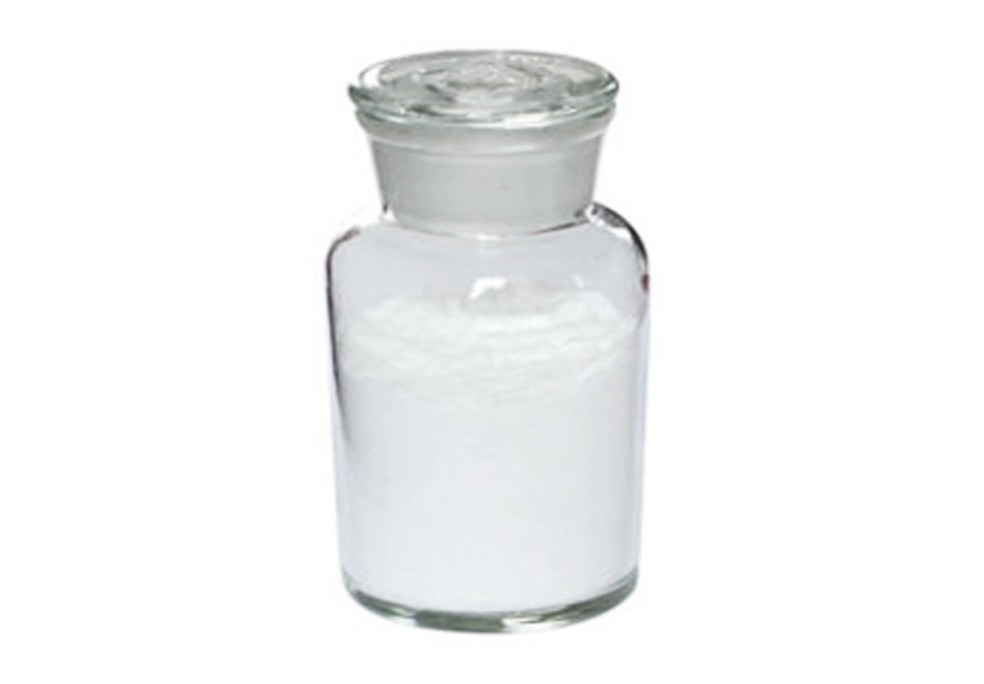Microcrystalline cellulose is a term for refined wood pulp and is used as a texturizer, an anti-caking agent, a fat substitute, an emulsifier, an extender, and a bulking agent in food production. The most common form is used in vitamin supplements or tablets. It is also used in plaque assays for counting viruses, as an alternative to carboxymethylcellulose.
Microcrystalline cellulose (MCC) is pure partially depolymerized cellulose synthesized from α-cellulose precursor. The MCC can be synthesized by different processes such as reactive extrusion, enzyme mediated, steam explosion and acid hydrolysis. The later process can be done using mineral acids such as H2SO4, HCl and HBr as well as ionic liquids. The role of these reagents is to destroy the amorphous regions remaining the crystalline domains. The degree of polymerization is typically less than 400. The MCC particles with size lower than 5 µm must not be more than 10%. The MCC is a valuable additive in pharmaceutical, nourriture, cosmetic and other industries. Different properties of MCC are measured to qualify its suitability to such utilization, namely particle size, density, compressibility index, angle of repose, powder porosity, hydration swelling capacity, moisture sorption capacity, moisture content, crystallinity index, crystallite size and mechanical properties such as hardness and tensile strength.
1. As a disintegrant, stable emulsifier, etc., it is widely used in medicine and health, food and beverage, light chemical industry
2. Used as adsorbent, suspending agent, diluent, disintegrant
3. Can be used as a sustained release agent for medicines






















